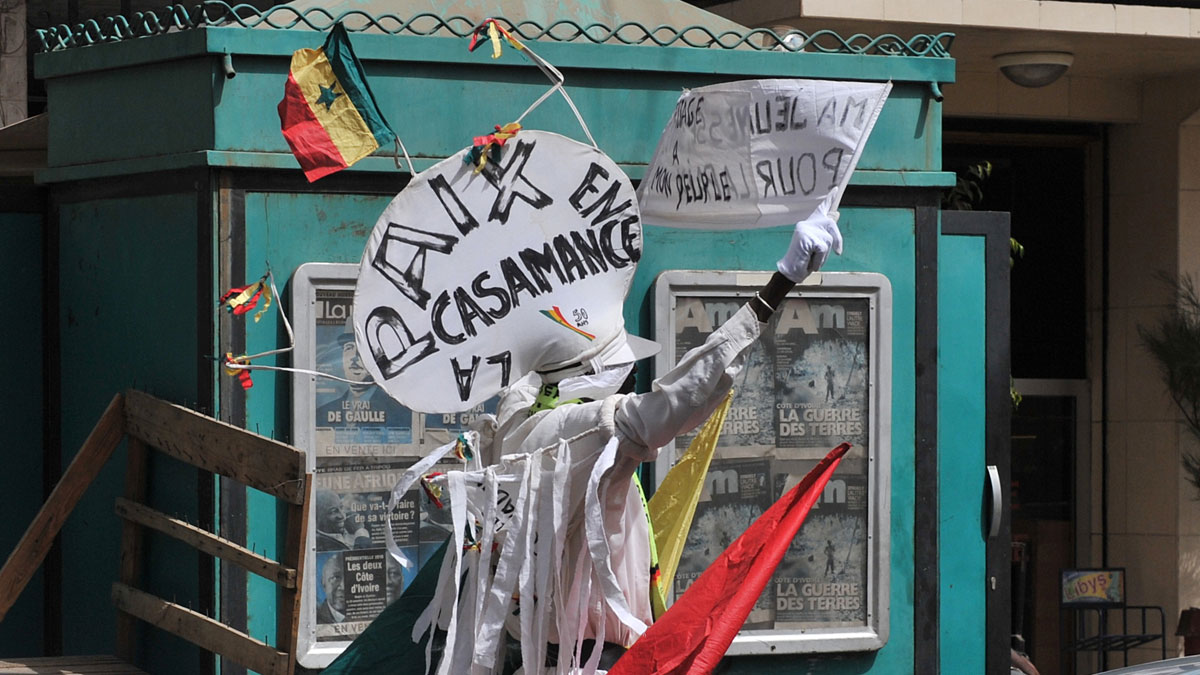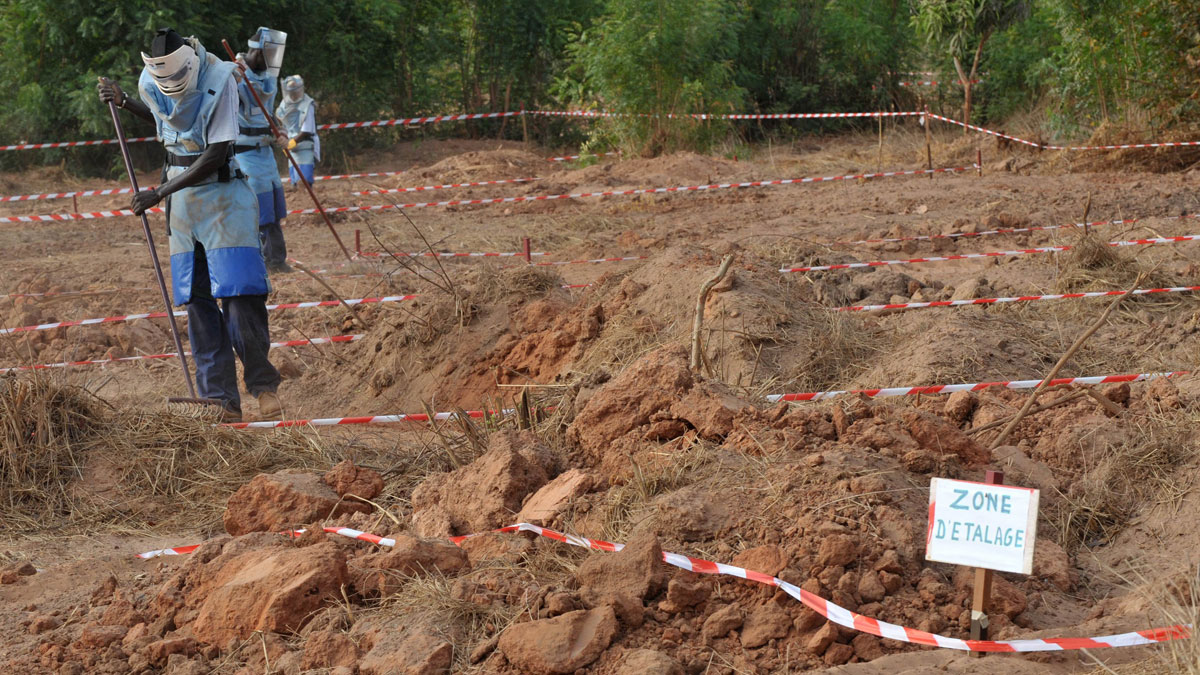Casamance conflict: hopes for an end to Senegal's forgotten war
After three decades of largely unreported fighting, the Casamance conflict may be coming to an end

A free daily email with the biggest news stories of the day – and the best features from TheWeek.com
You are now subscribed
Your newsletter sign-up was successful
The Casamance conflict is a long-running, low-level war fought between the Senegalese government and the Movement of Democratic Forces of Casamance (MFDC). Despite spanning more than 33 years, the fighting has attracted little international attention.
How did the conflict start?
The Casamance conflict fought between the Senegalese government and the MFDC started in 1982. The MFDC had sought independence for the Casamance region, as a result of stark ethnic and religious differences with the rest of Senegal. When the leaders of the Casamance independence movement were arrested, tensions increased, leading to a cycle of army clampdowns and increased resistance from the MFDC.
The Week
Escape your echo chamber. Get the facts behind the news, plus analysis from multiple perspectives.

Sign up for The Week's Free Newsletters
From our morning news briefing to a weekly Good News Newsletter, get the best of The Week delivered directly to your inbox.
From our morning news briefing to a weekly Good News Newsletter, get the best of The Week delivered directly to your inbox.
Why does it get so little attention?
The conflict in Casamance is under-reported due several higher-profile humanitarian issues in the immediate area, including conflicts in Liberia and Sierra Leone.
What is the current situation in Senegal?
Complex. The main MFDC leader, Salif Sadio, known for his hard-line views, announced a ceasefire against military forces in May last year. However, ceasefires have been announced several times throughout the conflict, notably in 2005, when President Abdoulaye Wade proclaimed a treaty as "not just one more peace deal", Irin News reports.
A free daily email with the biggest news stories of the day – and the best features from TheWeek.com
Will the ceasefire hold?
According to an Irin's report on forgotten conflicts, published last week, there are no guarantees. The Jola people, who inhabit the Casamance region, support several independence movements and underlying tensions flare up at the slightest provocation. However, since the election of President Macky Sall, Senegal has been considered one of Africa's model democracies, due to its multi-party system. On coming to office, Sall declared that national unity was his number one priority, sparking hopes that peace would be lasting and successful.
How has the war affected Senegal?
The legacy of the conflict continues to damage international perceptions of the country. The war claimed the lives of up to 5,000 people. Youth unemployment in Casamance also remains high, and Senegal's largely agricultural economy has been hamstrung by the fact that 80 per cent of farmland has been rendered unusable by landmines. According to reports from Deutsche Welle, Germany's international broadcaster, the combination of low-level conflict and widespread unemployment is a major cause of refugees fleeing Senegal. On top of damaging agricultural problems, Senegalese tourism dropped by 70 per cent between 2002 and 2012.
